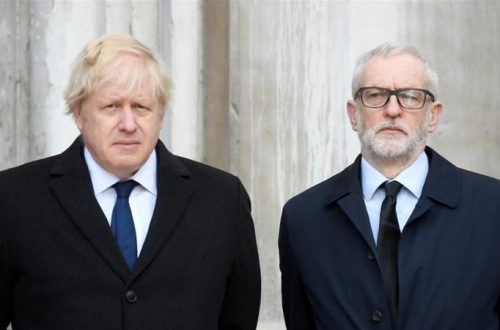A report in the Sunday Times today says that Labour could form a minority government in 2015 rather than get into bed with the Liberal Democrats if there is a hung parliament at the next election.
Liam Byrne, the former chief secretary to the Treasury and now shadow work pensions secretary, argues that Labour could achieve more without partnering with the Lib Dems — if it wins the largest number of seats, but fails to win an overall majority:
“We’ve got to think very hard about the virtues of a coalition, because this coalition has lit up in bright lights all the risks.
“I don’t think Britain generally likes coalition politics. It’s fine in times of national emergencies like war, but I don’t think many people think the coalition’s been a great success. And they’re sick and tired of this argy-bargy and blaming each other. I just think today’s coalition offers us only weak leadership.”
Byrne added that there could be strength in a minority administration:
“They’re often the model adopted elsewhere. Of course you can never rule out a coalition, but I don’t think this government has been a exemplar of coalition.”
He is preaching to the choir for many in the Labour Party who have no desire to form a pact with the Lib Dems.
Labour currently sits on 39%, the Tories on 30% and the Lib Dems on 10%. UKIP are on 14%. In theory that many a majority of 100 seats. However, pollsters believe the Labour lead is soft and could fall away as we near an election.
There is also the concern that Labour’s lead over the Conservatives has dropped to its lowest level for more than a year, according to a recent poll for The Independent.
It suggests that Nigel Farage’s UKIP is eating into Labour’s support as well as harming the Tories. Labour enjoyed an eight-point advantage in April but last month that dropped to five points in May, its lowest since March last year.
This is all despite a flatlining economy and Tory divisions over Europe and gay marriage. Labour should be doing better.
The Indy said that its lead has been on a downward track since February this year, when it was 13 points ahead. The latest weighted average of the polls puts Labour on 35 per cent (down four points on the previous month), the Tories on 30 per cent (down one point), Ukip on 15 per cent (up three points) and the Liberal Democrats on 11 per cent .


